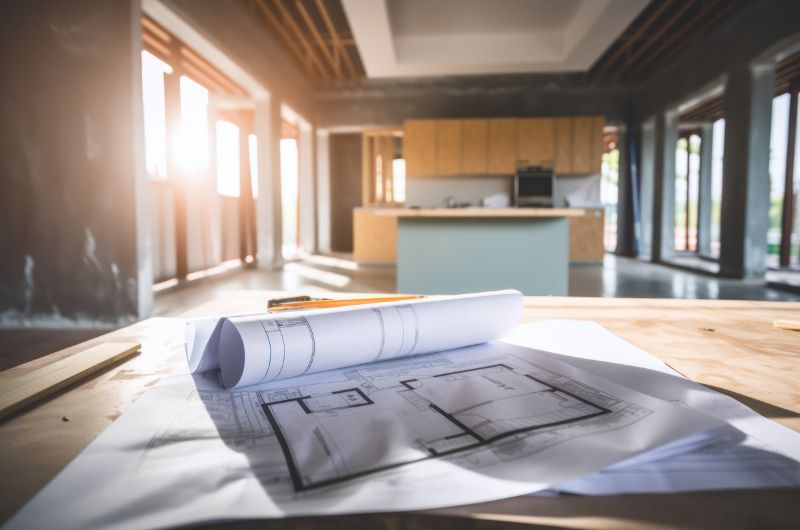
Embarking on a renovation project is a thrilling endeavor. It allows landlords and investors to inject style and flair into their properties, transforming them into sanctuaries for their tenants. However, before the dust starts to fly and the construction hammers begin to echo, you need a permit.
The permit process may seem daunting, entangled in a web of bureaucratic red tape, but it’s a crucial aspect of the renovation. To demystify the permit process, let’s review some tips to help you pull a permit for your renovation project.
Research Local Zoning Laws and Regulations
Your local zoning laws and regulations are the rule books that govern your renovation project and are typically unique to each city or county. The necessity for permits varies widely: some areas may require permits for minor updates, while others may only require them for significant changes.
Understanding these bylaws is paramount to avoiding any legal entanglements and unnecessary costs. However, if you aren’t sure where to start, visit your local government’s website or call their office directly to get precise information.
Gather All Necessary Documents
Before you can pull a permit for your renovation projects, you’ll need to gather the necessary documents. include detailed blueprints of the proposed work, precise measurements of the space, and a comprehensive bill of materials.
Misleading or vague submissions can lead to delays in the permit process or even the rejection of your permit application. It’s best to take your time, and if you don’t feel confident gathering the right documentation, consider hiring a professional to ensure everything is in order.
Create a Detailed Timeline of the Project
Many local governments require a detailed project timeline as part of the permit process. Start by identifying each significant stage of the renovation, such as demolition, foundation work, framing, electrical and plumbing, insulation, and so on.
Once you define these stages, assign a realistic timeframe to each, considering potential delays such as material delivery times or the availability of contractors.
Calculate Estimated Costs Associated With the Project
Remember, part of the documentation you need is a comprehensive bill of the materials, which includes the estimated cost. To calculate the financial aspect of your renovation project, start by determining the estimated costs of materials, labor, permit fees, and any other expenses associated with the project.
You can use industry standards or past renovation experiences as a benchmark to derive a realistic estimation. However, obtaining an estimate from a licensed contractor for a more accurate figure is best.
Fill Out the Permit Application Accurately and Completely
Completing the permit application is your final step before you can kickstart your project. Ensure you accurately enter all relevant information, from the type of work to the materials used and the estimated timeline. Every detail counts here; omitting necessary information could lead to delays or denial of your application.
Once you’ve carefully checked your application, submit it according to the instructions specified by your local government. Then all you have to do is wait, which can be the most daunting part!
Once you’re done renovating your property and the tenant applications come rolling in, let Excalibur Homes take care of the rest. As an experienced Atlanta property management group, we have what it takes to care for your tenants and your property so you can focus on other projects and investments.

